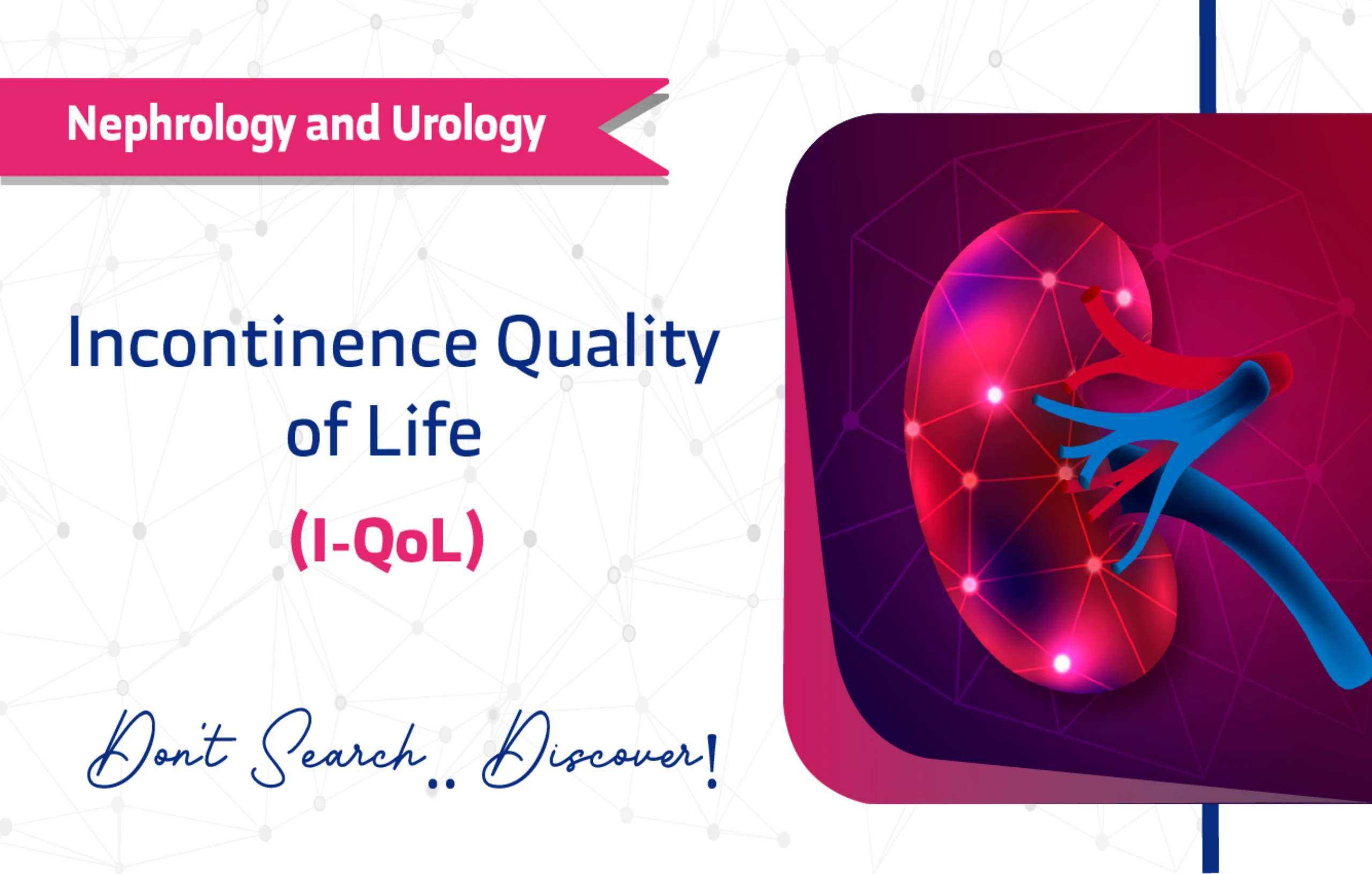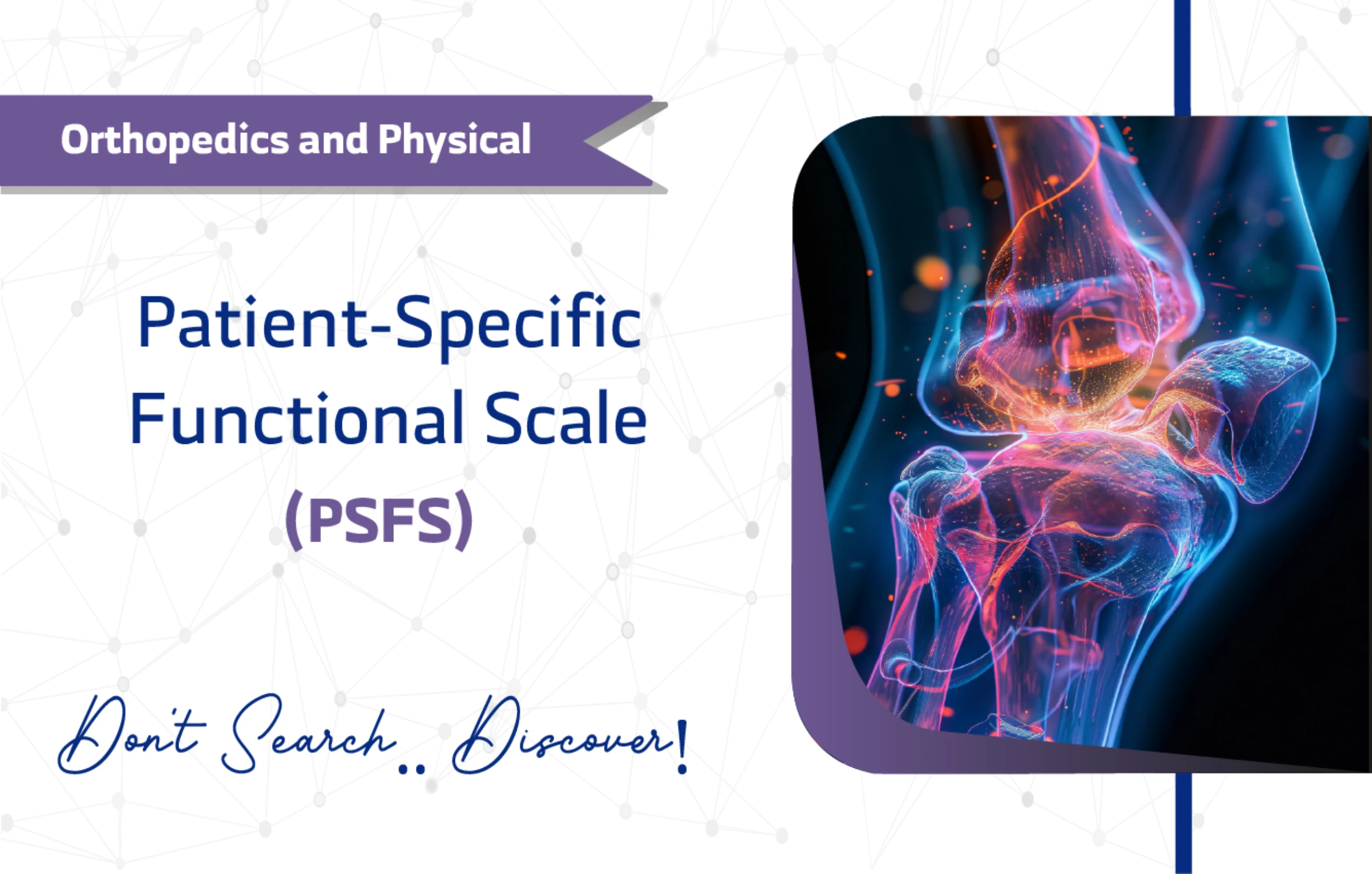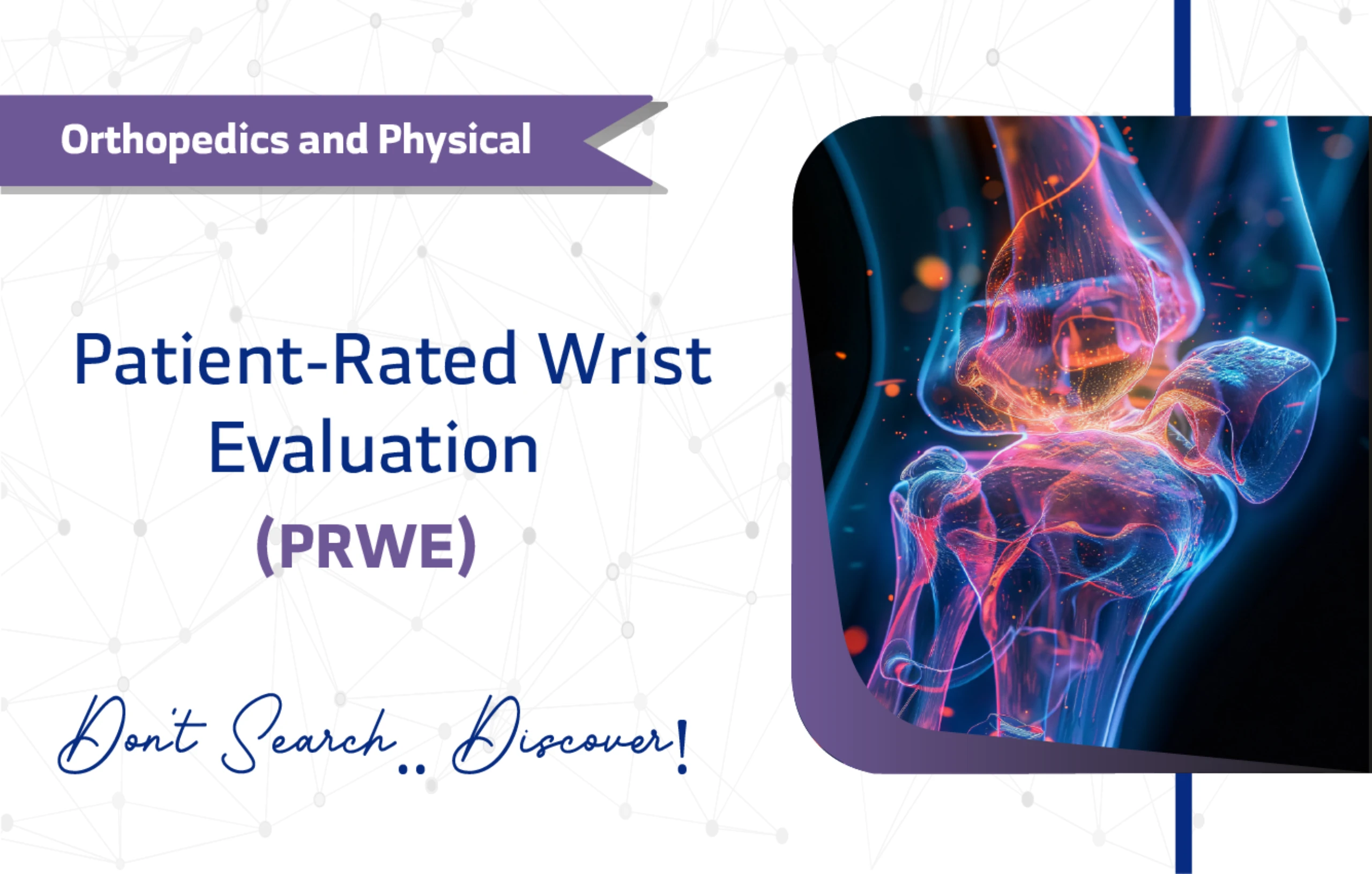Introduction
The Systemic Sclerosis Quality of Life (SScQoL) questionnaire is a specialized instrument, meticulously designed to assess health-related quality of life (HRQoL) specifically in patients suffering from systemic sclerosis (SSc), also known as scleroderma. Developed in 2008 by Reay N. and published by the University of Leeds, the SScQoL has become an important tool for both researchers and clinicians. Indeed, understanding the impact of SSc on a patient’s life is crucial. Consequently, this questionnaire provides a structured way to gather these insights. It thus aids in evaluating the effectiveness of treatments and interventions in SSc clinical trials and practice. Moreover, the SScQoL’s development involved robust methodologies, including Rasch analysis, to ensure its psychometric soundness.
This article provides a detailed overview of the SScQoL, focusing on its features, applications, and relevance for scientific research and clinical practice.
Key Features of the Systemic Sclerosis Quality of Life (SScQoL)
Purpose and Use
The primary purpose of the SScQoL is to measure the health-related quality of life in adult patients diagnosed with systemic sclerosis. Furthermore, it delves into how the condition affects various aspects of a patient’s daily existence, providing a comprehensive overview. As a result, this focus makes it an essential instrument for clinical diagnostics, longitudinal research, and evaluating therapeutic outcomes in SSc.
Target Population
The SScQoL is validated for and targeted at individuals aged 18 years and older who have systemic sclerosis. These include
- Young adults (18-24 years)
- Middle-aged adults (25-44 years)
- Older adults (45-64 years)
- Seniors (65+ years)
Therefore, its design ensures relevance and applicability specifically to the adult SSc patient population.
Structure
The SScQoL consists of 29 items, which are strategically designed to cover five key domains, aligning with the International Classification of Functioning, Disability, and Health (ICF) model. These domains are as follows:
- Function (6 items): covering activity limitation.
- Emotional (13 items): assessing personal factors.
- Sleep (2 items): focusing on personal factors.
- Social (6 items): addressing participation restrictions.
- Pain (2 items): assessing impairment.
The responses are captured in a binary format (“Yes” = 1, “No” = 0). Thus, this structure allows for straightforward assessment across diverse clinical settings.
Scoring Method
The SScQoL utilizes a binary scoring method, where “Yes” responses are coded as 1 and “No” responses as 0. Afterward, the raw scores for each item are summed to produce a total raw score ranging from 0 to 29 which has been explicitly documented in several studies, including the ACR Abstract, which used the scale with the same range to assess quality of life in a Polish study of 11 rheumatology centers. Notably, a modified German version expanded answer options to a four-point scale, enhancing sensitivity while retaining the summation concept. This demonstrated a reliable Rasch model with a PSI of 0.931.
For more nuanced interpretation and cross-cultural comparisons, Rasch model analysis techniques are applied. This sophisticated approach transforms raw scores into logit scores, which are then linearly normalized to maintain the 0–29 range, providing an interval-level scale. This process ensures the instrument’s unidimensionality and freedom from differential item functioning (DIF) across cultures. Items with high local dependency are grouped into subtests: Function, Emotion, Sleep, Social, and Pain.
Alternatively, some studies, such as one by Sierakowska et al. (2019), have used summed raw scores for each domain without applying Rasch transformation, focusing on the distinct impact within these areas:
- Physical functioning: 0–6 points
- Emotional functioning: 0–13 points
- Social functioning: 0–6 points
- Sleep: 0–2 points
- Pain: 0–2 points
Administration Format
To offer more flexibility, the questionnaire can be administered via:
- Paper-based
- Digital (online)
- Mobile App
- Interviews (In-person)
- Phone/Video Call
The administration time is approximately 5-10 minutes, making it feasible for routine use. Furthermore, there’s no need for specialized training for its administration.
Applications of the Systemic Sclerosis Quality of Life (SScQoL)
The SScQoL offers significant utility in both clinical practice and research settings, thanks to its comprehensive yet focused approach.
- Screening: It effectively helps identify patients whose quality of life is substantially impacted by systemic sclerosis. In doing so, it flags individuals who may require more intensive support or intervention.
- Monitoring: The tool is invaluable for monitoring changes in HRQoL over time, particularly in response to treatments or disease progression. This allows for dynamic assessment and adjustment of care plans.
- Treatment Planning: By providing detailed insights into the specific areas of life affected by SSc (e.g., emotional, physical, social), the SScQoL assists clinicians in developing tailored and patient-centered treatment plans.
- Research: The SScQoL is very helpful in research, especially in clinical trials evaluating the efficacy of new treatments for systemic sclerosis. Its patient-reported outcome (PRO) nature makes it essential for evidence-based rheumatology and for capturing the patient’s perspective directly.
Other Versions and Related Questionnaires
Researchers should be aware of variations and complementary tools.
Other Versions
- Modified German version
- the remaining translations
Related Questionnaires
- SF-36
- EQ-5D
- Scleroderma Health Assessment Questionnaire (SHAQ).
Languages and availability
To facilitate its use in international research and diverse clinical settings, the SScQoL has been translated into over 10 languages. Some of the available languages include:
- Arabic
- English
- Spanish
- French
- German
- Portuguese
Furthermore, other translated versions exist, broadening its applicability across different cultures.
The SScQoL requires permission for use. Specifically, licensing is required for commercial use, and interested parties should contact the University of Leeds. The questionnaire is copyrighted by the University of Leeds, 2008.
Reliability and Validity
The SScQoL is widely regarded as a reliable and valid instrument for assessing HRQoL in systemic sclerosis patients. Its robust psychometric properties are essential to its widespread adoption.
The questionnaire demonstrates strong reliability, with Cronbach’s alpha values generally reported as >0.80. For example, the Turkish version has a Cronbach’s alpha of 0.97. Furthermore, studies applying Rasch analysis have confirmed its reliability, with a Person Separation Index (PSI) of 0.931 reported for a modified German version, indicating excellent internal consistency.
Statistical Validation Studies
Numerous validation studies underscore the SScQoL’s robustness across various populations and translations:
- Original Development: The initial work by Reay et al. (2008) laid the foundation, presenting it as a needs-based quality of life measure for systemic sclerosis. study link
- Swedish Version: Sandqvist & Hesselstrand (2019) validated the Swedish version, confirming its utility in their patient population. Study link
- Turkish Version: Sarac et al. (2023) translated and assessed the psychometric properties of the SScQoL in Turkish, finding it to be a reliable and valid tool. Study link
- German Version: Agnes Kocher et al. (2023) translated and assessed content validity, construct validity, reliability, and unidimensionality. Study link
- Rasch Analysis Application: Studies have demonstrated the application of Rasch analysis to ensure cross-cultural validity and interval-level measurement. study link
These studies confirm that the SScQoL is a dependable measure for researchers and clinicians working with SSc patients.
Additional Resources
- Access the original validation study and doctoral thesis detailing the SScQoL development. Link
- You can often find the questionnaire structure within validation studies or by contacting the licensor. For direct access or PDF versions, please refer to the University of Leeds.
- For inquiries regarding licensing and use of the SScQoL, contact the University of Leeds: University of Leeds Licensing for SScQoL
- Explore further research and applications of Rasch analysis with SScQoL. Link
Frequently Asked Questions (FAQ)
- Who can use the SScQoL?
Clinicians, researchers, and healthcare providers specializing in rheumatology can use the SScQoL for adult patients (18 years and older) diagnosed with systemic sclerosis.
- How long does it take to complete the SScQoL?
Patients typically take approximately 5-10 minutes to complete the SScQoL. This brevity makes it practical for use in busy clinical settings and as part of larger research batteries.
- How is the SScQoL administered?
Healthcare teams can administer the SScQoL using paper-based forms, digital online platforms, or through in-person interviews. This flexibility allows for adaptation
A word from ResRef about the Systemic Sclerosis Quality of Life (SScQoL)
The SScQoL is a robust, disease-specific tool for assessing quality of life in systemic sclerosis, with strong psychometric properties and wide international adoption. Whether you are a researcher investigating the impact of SSc or a clinician striving to enhance patient care, the SScQoL provides crucial data on areas most affected by the disease. Consequently, its use can lead to more informed treatment decisions and improved patient outcomes.
References
- Reay, N. (2008). A needs based quality of life measure for systemic sclerosis, the SscQol. Doctoral dissertation, University of Leeds. link
- Reay, N., Hill, J., Hale, C., Emery, P., & Tennant, A. (2008, April). A needs based quality of life measure for systemic sclerosis, the SscQol. In RHEUMATOLOGY (Vol. 47, pp. II9-II9). OXFORD UNIV PRESS. link
- Ndosi, M., Alcacer-Pitarch, B., Allanore, Y., Del Galdo, F., Frerix, M., Georges, C., … & Tennant, A. (2018). Common metrics for assessment of domains of health-related quality of life in systemic sclerosis: a European Scleroderma Trials and Research group (EUSTAR) initiative. Annals of the Rheumatic Diseases, 77(7), 1032-1039. link
- Sandqvist, G., & Hesselstrand, R. (2019). Validity of the Swedish version of the systemic sclerosis quality of life questionnaire (SSCQoL): A novel measure of quality of life for patients with systemic sclerosis. Annals of the Rheumatic Diseases, 78(6), 855-857. link
- Sarac, D. C., Bayraktar, D., Tore, N. G., Kurut Aysin, I., Otman, E., Inanc, I., … & Akar, S. (2023). Systemic Sclerosis Quality of Life Questionnaire (SScQoL): translation into Turkish and assessing its psychometric properties. Clinical Rheumatology, 42(8), 2135-2143. link
- Kocher, A., Ndosi, M., Denhaerynck, K., Simon, M., Dwyer, A. A., Distler, O., … & Nicca, D. (2021). A rare disease patient-reported outcome measure: revision and validation of the German version of the Systemic Sclerosis Quality of Life Questionnaire (SScQoL) using the Rasch model. Orphanet journal of rare diseases, 16, 1-9. link
- Sierakowska, M., Doroszkiewicz, H., Sierakowska, J., Olesińska, M., Grabowska-Jodkowska, A., Brzosko, M., … & Ndosi, M. (2019). Factors associated with quality of life in systemic sclerosis: a cross-sectional study. Quality of Life Research, 28, 3347-3354.link









1 thought on “Systemic Sclerosis Quality of Life (SScQoL) Questionnaire: A Full Guide for Researchers and Clinicians”
Excellent article! I found it very engaging. The content
gave me a lot of clarity. I especially liked how detailed yet simple it was.
Looking forward to reading more of your work.